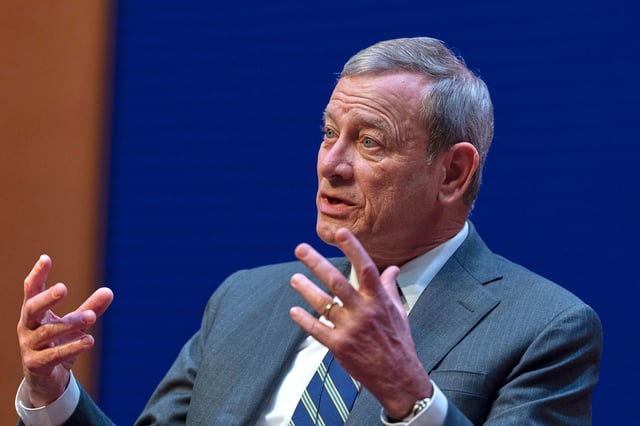Overview
- The Supreme Court’s conservative bloc voted 6-3 to restrict lower federal courts from issuing sweeping injunctions that block government policies nationwide.
- Justice Amy Coney Barrett authored the majority opinion, focusing on equitable authority rather than the constitutionality of the executive order on birthright citizenship.
- The justices remanded the birthright citizenship challenges back to district courts to reconsider stays under the new procedural standard without ruling on the 14th Amendment issue.
- Chief Justice John Roberts cautioned against political attacks on the judiciary, warning that vilifying judges risks fueling threats of violence.
- The Justice Department plans to ask lower courts to narrow or lift dozens of existing nationwide injunctions, while opponents are preparing class-action strategies to seek broad relief.


